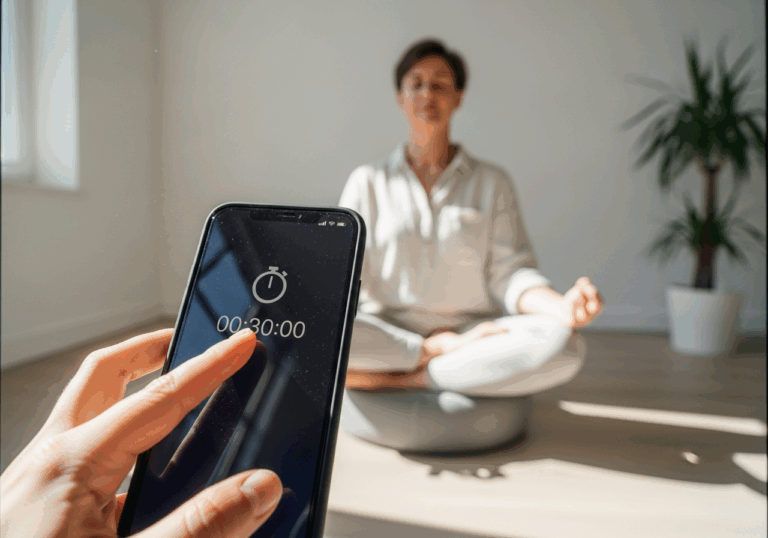Science-Backed Tips
Boost Your Brain Power with Weekly Training
Engage in 90-minute sessions to enhance cognitive performance by 20%.
📊 Did you know?
💡 Why It Matters
1️⃣
Improving cognitive performance by 20% can significantly enhance daily functioning and quality of life.
2️⃣
Over 50% of participants reported improved subjective wellbeing, indicating a positive impact on mental health.
3️⃣
Engaging in structured cognitive training may reduce the risk of cognitive decline in older adults.
✅ Try These Micro-Tips
🎯
Participate in 90-minute brain training sessions once a week.
🎯
Incorporate memory games or puzzles into your routine for at least 30 minutes weekly.
🎯
Engage in discussions or group activities that challenge your cognitive skills at least once a week.
🎯
Track your cognitive performance improvements over time to stay motivated.
📚 The study
Embracing such programs can lead to a brighter, more engaged future for our aging population, making it essential for families and caregivers to consider these valuable resources for their loved ones.
As we continue to prioritize brain health, the findings from this research pave the way for innovative approaches to enhance cognitive function and improve the quality of life for older adults everywhere.
❓ Frequently Asked Questions ❓
Learn more
What is the recommended duration and frequency for brain training sessions?
Engaging in brain training sessions for 90 minutes once a week is recommended. This schedule has been shown to significantly improve cognitive performance scores.
How much can cognitive performance improve with brain training?
Participants can experience a 20% increase in overall cognitive performance scores. This improvement can enhance daily functioning and quality of life.
What are the benefits of brain training for older adults?
Brain training can reduce the risk of cognitive decline in older adults. Additionally, over 50% of participants reported enhanced subjective wellbeing after the training.
How long does the brain training intervention last?
The brain training intervention lasts for 8 weeks. During this period, participants attend weekly sessions to improve their cognitive skills.
What types of activities can be included in brain training?
Activities such as memory games, puzzles, and discussions that challenge cognitive skills can be included. Engaging in these activities for at least 30 minutes weekly is beneficial.
How can I track my cognitive performance improvements?
Tracking cognitive performance improvements can be done through regular assessments or self-reflection. Keeping a journal of progress can help maintain motivation.
What is the impact of brain training on mental health?
Engaging in structured cognitive training can lead to improved mental health outcomes. More than half of participants reported a positive impact on their subjective wellbeing.
Is it necessary to participate in group activities for cognitive training?
While not strictly necessary, engaging in group activities can enhance cognitive training effectiveness. These discussions can provide social interaction and additional cognitive challenges.
Can brain training sessions be done individually?
Yes, brain training sessions can be conducted individually. However, incorporating social elements may further enhance cognitive benefits.
What cognitive domains are improved through brain training?
Brain training has shown significant improvement across all tested cognitive domains. This includes enhancements in memory, attention, and overall cognitive performance.





